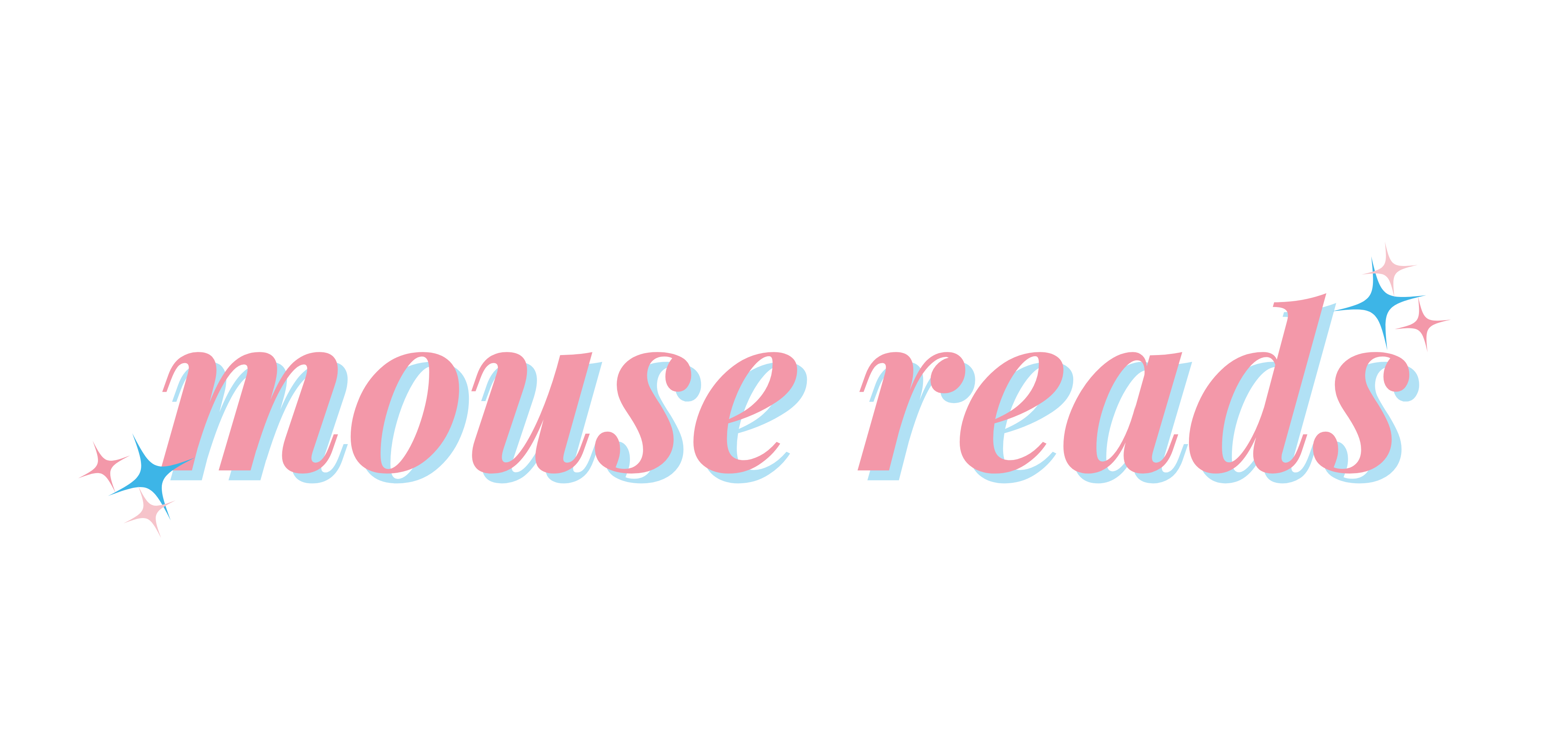We Play Ourselves
We Play Ourselves by Jen Silverman is a queer contemporary. In We Play Ourselves, Cass is picking up the pieces of a life she destroyed.

“You forget, and you forget, and you love.”
Cass was once a promising young playwright, and she threw all of her success away. She is openly queer and feminist but is also unsure what those titles ultimately mean when applied to her. She made a stupid mistake in the chaos and left her life in NYC behind to lose herself in LA. There is an undercurrent of discomfort throughout this entire book, and you taste it from the moment Cass gets in the car with her new roommate and old friend Dylan. As she sits through her brain fog, she notices a group of girls jumping the fence at the house next door, and her interest is peaked.
“After my own season of destruction, I can’t bear to be around another thing in pieces.”
Cass meets Caroline and becomes involved in the “Fight Club but with girls” movie narrative. She gets swept up in the creativity and the anonymity of “Cath,” which Caroline mistakenly calls her. From the beginning of this, you can tell that Cass cares more about these teenagers’ wellbeing than the film itself, which places Cass in a strange position with Caroline. As the manipulation continues, Cass loses herself further and further and feels she is just setting herself up to recreate the NYC incident. When BB, a teen she has grown close to, goes missing after a brutal scene- Cass decides to leave it all behind and go back to the start.
“Success, I realize, makes you do bad things. It opens up a door inside you, and all kinds of evil swarms through that door. The evil fills you, it becomes you, and suddenly you are putting out people’s eyes, without warning you are smashing their cameras and bleeding on their carpets.”
There is a lot of filler between that last moment and the ending of the book. Admittedly, I am not the biggest fan of contemporary books. This is usually something I can get past for a book marketed as a queer book, but this particular story made it difficult. It felt as though we were not moving towards anything throughout the entire book. There was no notable peak. Everything felt the exact same intensity throughout. This was frustrating for me, and after a while, got boring. Cass continually runs away from her problems while creating more for herself. She does not seem to grow as a person until the last 75% of the story, while the teens around her are much more exciting and in-depth characters.
“Boys get comebacks,” she says, fiercely. “Have you noticed? All they have to do is be sorry. But where are the girls? Where’s Hillary Clinton?”
This story felt as though it was marketed to be more of a contemporary-thriller based on the given summary. This is not at all what the book is. Cass is given opportunity after opportunity, with privilege literally handed to her, and she continues to sabotage herself. It does not feel as though she has worked for much, and her success was a surprise even to herself. When it slipped out of her fingers, she blamed the society around her for making her this way. She blamed success itself for turning herself into a bad person when, in reality, she was already that person.
“No matter how often and how successfully you leave, you always end up still being yourself when you arrive. This is the part we find harder to reconcile.”
The writing of this book was solid. The intrigue of wanting to know what happened to BB and why Cass was running from NYC were the only things the kept me reading. These are the only redeeming factors of the book. I would have liked more information about the movie and the focus to have remained on this. Honestly, I would have even enjoyed a book about teenage girls better than the self-loathing and self-sabotaging Cass. We vaguely touch on bisexuality and biphobia, and as a bisexual person, this felt like an afterthought. I found that to be really interesting because queerness is blatantly discussed as a plot point and the toxicity of this, but it felt like our author did the same thing with the biphobia conversation.
Thank you to Netgalley and the publisher for a copy of this book in exchange for an honest review.







Leave a Comment